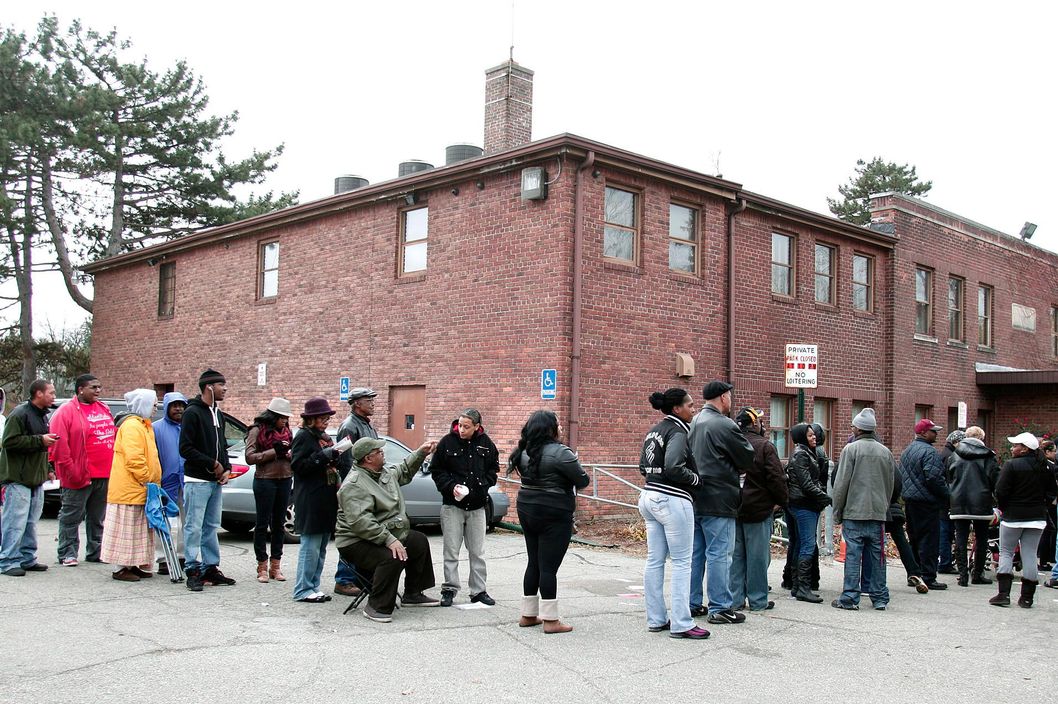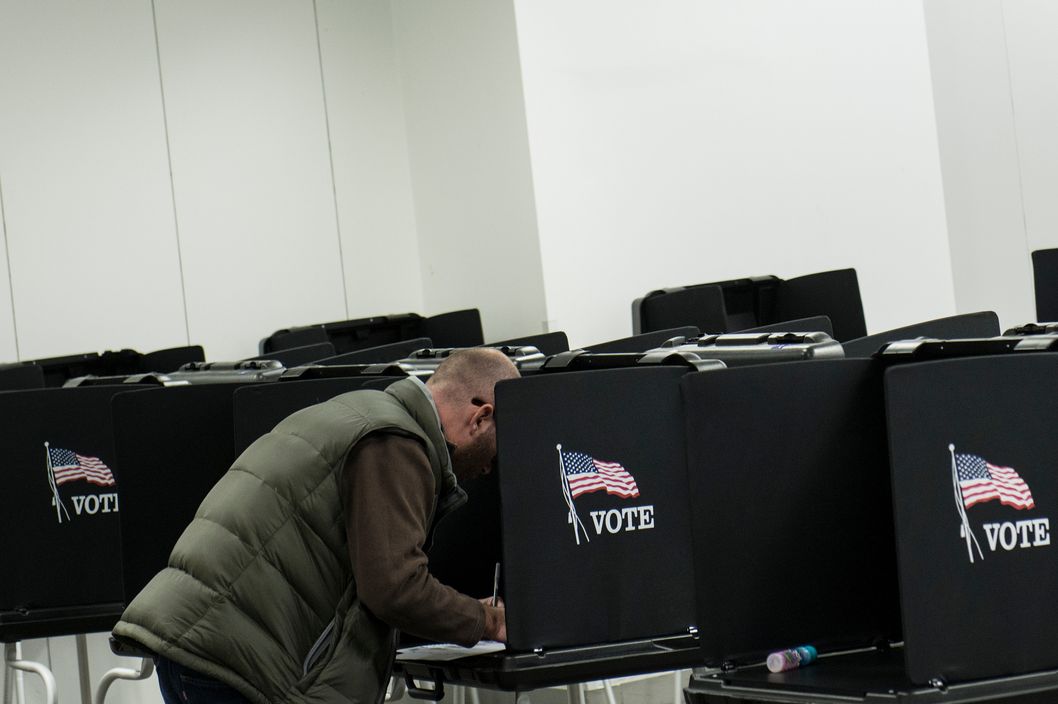ScienceDaily
The way a person's brain responds to a single disgusting image is enough to reliably predict whether he or she identifies politically as liberal or conservative. As we approach Election Day, the researchers say that the findings reported in the Cell Press journal Current Biology on October 30 come as a reminder of something we all know but probably don't always do: "Think, don't just react."
P. Read Montague of Virginia Tech says he was initially inspired by evidence showing that an individual's political affiliation is almost as heritable as height. Montague and his colleagues also recognized that those political ideologies summarize many aspects of life -- attitudes associated with sex, family, education, and personal autonomy, for instance -- and have deep connections to the way our bodies respond to threats of contamination or violence.
To find out just how fundamental those connections are, Montague and his colleagues asked whether functional magnetic resonance images (fMRI) of the brain taken as people passively looked at a series of disgusting, pleasant, and neutral images was enough to give away their political leanings, as measured on a standardized test. (The Wilson Patterson inventory produces a score from 0 to 1, from extremely liberal to extremely conservative.)
The researchers applied a machine-learning method to all of those pictures together with the test scores in search of a predictable relationship between the two. And, indeed, they found it. Disgusting images, and the mutilated body of an animal especially, generated neural responses that were highly predictive of political orientation. That was true even though the neural predictors didn't necessarily agree with participants' conscious rating of those disturbing pictures.
It's not clear from the study exactly how or why liberal versus conservative brains differ from each other, Montague explains, only that they do. In fact, the researchers were especially surprised by the strength of the response.
"A single disgusting image was sufficient to predict each subject's political orientation," he says. "I haven't seen such clean predictive results in any other functional imaging experiments in our lab or others."
Perhaps the new findings can help us find a way to a less-polarized political future. People really do differ from one another in fundamental ways, but we also have the unique ability to make up our own minds and to change them.
"The results do not provide a simple bromide, but they do suggest that important foundational parts of political attitudes ride on top of preestablished neural responses that may have served to defend our forebears against environmental threats," Montague says. "In the same sense that height is highly genetically specified, it's also true that it's not predetermined by genetics; nutrition, sleep, starvation, dramatic physical injury, and so on can serve to change one's ultimate height. However, tall people have tall children, and this is a kind of starting point."
"In the same vein, if we can begin to see that some 'knee-jerk' reactions to political issues may be simply that -- reactions -- then we might take the temperature down a bit in the current boiler of political discourse."
Journal Reference:
- Ahn et al. Nonpolitical images evoke neural predictors of political ideology. Current Biology, October 2014








